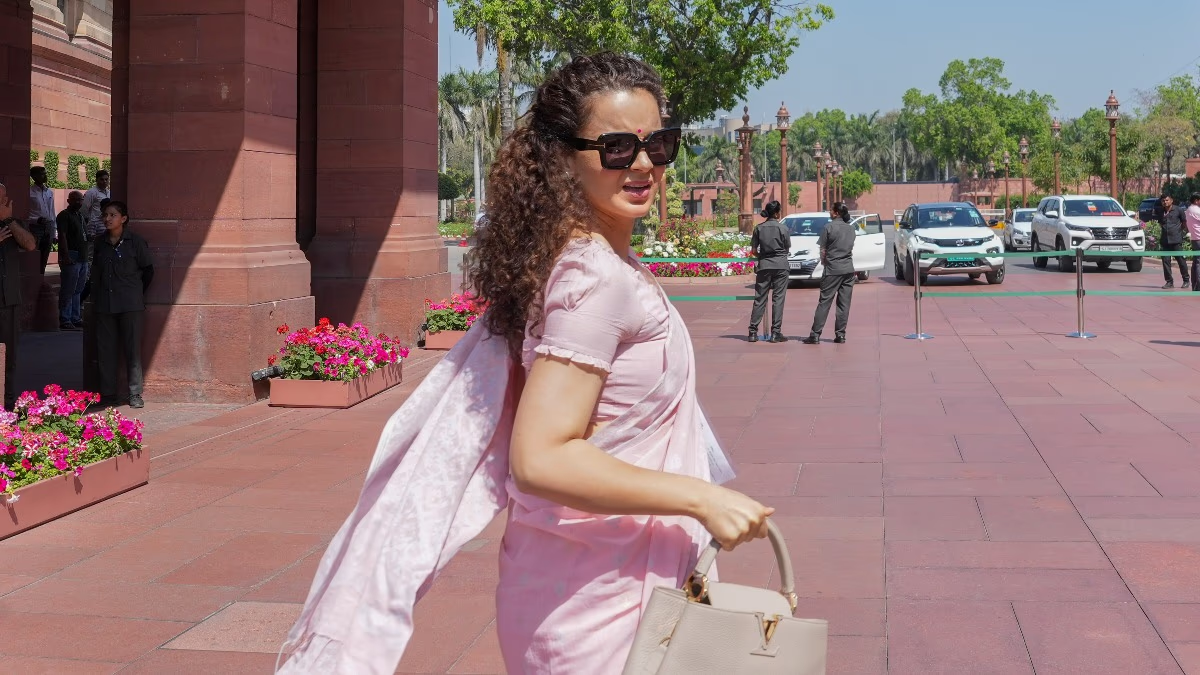The power to legislate is vested in states and the center according to India's Constitution. Under Article 246, the issues on which states and the center will make laws are divided into three parts or lists. These are - the Union List, which includes subjects of national importance the center can legislate on, like defense policy, foreign policy, and monetary policy.
The second list is the State List, where state legislatures can make laws on subjects like police, public health, and land. State governments have the right to legislate here. But some issues can be legislated by both the center and the states, such as criminal law, marriage, education, and property - called the Concurrent List.
The Waqf Amendment Law falls under the Concurrent List, as it pertains to property and religious customs. But if a conflict arises between state and center on any concurrent issue, which law would prevail?
Article 254 of the Constitution states that in such a circumstance, the law made by the center will prevail, and the state's law will not be recognized.
Now let's discuss West Bengal CM Mamata Banerjee's statement where she declared that the Waqf Amendment Law would not be implemented in West Bengal.
Can state governments prevent the implementation of a law passed by both houses of Parliament, signed by the President, and published in the Gazette?
Mamata Banerjee declared a lack of support for implementing this law in West Bengal, asking the people to trust her.
Opposition leader Tejashwi Yadav from Bihar mirrored this sentiment, promising that, under his leadership, this law won't be implemented in Bihar, suggesting it would head to the trash bin.
Tamil Nadu's CM MK Stalin also opposed the law and announced a challenge in the Supreme Court, affirming the ongoing demand for the withdrawal of the Waqf Bill, claiming it allows political interference and curbs religious freedom.
Indeed, states can pass resolutions against laws they don’t wish to implement within their jurisdiction. When the Citizenship Amendment Act (CAA) was objected to nationwide, several states passed resolutions against it.
But can states prevent the implementation of a law already passed by both houses of Parliament and ratified by the President by passing resolutions?
Under English law, “resolutions” reflect the house's opinions and objectives. A topic for discussion in a state assembly is usually governed by specific procedural rules, often including provisions for proposals or notices.
During the CAA dispute, numerous state legislatures passed resolutions against implementing CAA. A public interest petition against these resolutions was filed in the Supreme Court. The then CJI Justice SA Bobde refused to intervene, advising the lawyer to “research more” on the issue.
The Chief Justice remarked, “Can't a resolution be passed? It represents the Kerala Assembly members’ opinion (for CAA). They haven’t told people to break the law. They've requested Parliament to repeal it.”
The bench added, “It's merely an opinion expressed by the Kerala Assembly, lacking legal force. Aren’t they entitled to their view? They are not violating any law.”
The Supreme Court is yet to hear petitions on the legal impact of such state assembly resolutions questioning central laws — these remain pending.
Speaking to India Today, Senior Advocate Shekhar Naphade stated that discussion and resolutions in state assemblies are part of the democratic process. Naphade said, “Democratically, they have the right to pass any resolution. It’s merely an expression of assembly’s opinion, allowing representatives to debate issues, but holding no legal force.”
Senior Advocate Mahalakshmi Pavani emphasized that “state assemblies can express opposition to central acts through resolutions but legally cannot impede their implementation. The Indian Constitution empowers states to legislate on subjects of the State and Concurrent Lists, but if a conflict arises, laws under the Union List take precedence.”
Regarding the Waqf Amendment Law 2025, as it's passed by Parliament, ratified by the President, and published in the Gazette, it applies nationwide. A state assembly’s opposing resolution can't legally halt it, for a state cannot override central law.
When the center enacted the Citizenship Amendment Act (CAA) 2019, several states (West Bengal, Kerala) declared non-compliance. Legally, they couldn’t stop the law, and it remained effective.
However, enforcement prevention would require Supreme Court orders.
Legally unable to prevent this law’s implementation, state governments might practically delay its enactment by adopting non-cooperation policies.
Such as: not providing the necessary administrative framework, offices, or furniture for its execution.
Not restructuring the Waqf Board or announcing its members.
Influencing officials (collectors) to not enforce it effectively.
Such state behavior may breach constitutional duty.
Therefore, constitutionally, the Waqf Amendment Law 2025 cannot be prevented from implementing in West Bengal or any other state unless annulled by the Supreme Court. State assembly resolutions hold only symbolic and political, not legal, significance.




